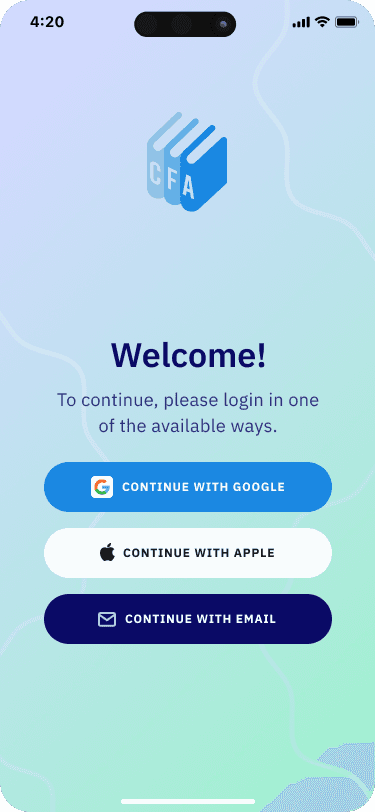Your mind is quietly working against you.
Right now, neural pathways are degrading. Connections are weakening. Knowledge you worked hard to acquire is slowly slipping away.
This isn't a flaw in your learning ability – it's a feature of human consciousness that has baffled philosophers and neuroscientists for centuries.
The truth? Your brain is designed to forget. The question is whether you'll let this natural process defeat you, or master it to achieve unprecedented levels of expertise.
In 1885, a German psychologist made a discovery that would shatter our understanding of human memory. Hermann Ebbinghaus mapped what he called the "forgetting curve" – a brutal reality check showing that we lose up to 70% of new information within 24 hours.
Think about that. Everything you learned yesterday? Most of it is already gone.
This isn't just about academic performance or professional certifications. This is about the fundamental way your mind processes reality and builds expertise in any domain.
THE ILLUSION OF KNOWLEDGE
We're all guilty of what cognitive scientists call the "fluency illusion" – the false belief that because something feels familiar, we truly understand it. This is why re-reading notes feels productive but delivers poor results.
As Nobel laureate Daniel Kahneman explains in his work on System 1 and System 2 thinking, our brains are masterful at creating a sense of understanding without actual comprehension.
The gap between recognition and recall is where most learning fails.
THE MASTERY PARADOX
Consider this paradox: The most effective learning often feels the least productive.
I discovered this while talking to CFA Level 1 exam candidates. One student, Thomas, spent 12 intensive hours studying Ethics over a weekend. He felt confident. He felt prepared.
By Friday, he could barely recall 30% of the material. Our analytics also showed the same.
This pattern repeats across every domain of expertise:
Musicians who practice for hours but can't perform under pressure
Entrepreneurs who read countless books but can't execute
Athletes who drill techniques but freeze in competition
The solution isn't more time – it's better science.
THE REVISION REVOLUTION FRAMEWORK
Drawing from neuroscience and cognitive psychology, I've developed a system and built in into the MasterCFA app. This sustem works with your brain's natural learning processes rather than against them:
Spaced Repetition (The Time Principle)
Strategic review intervals based on forgetting curves
Automated scheduling based on performance
Exponential retention improvements
Active Recall (The Effort Principle)
Force retrieval instead of recognition
Create neural strengthening through struggle
Build true understanding through reconstruction
Interleaved Practice (The Connection Principle)
Mix topics to build neural networks
Simulate real-world application
Develop flexible knowledge application
Progressive Loading (The Growth Principle)
Gradually increase complexity
Build foundational neural pathways
Create sustainable expertise
THE PSYCHOLOGY OF PERMANENT KNOWLEDGE
Psychologist Robert Bjork introduced the concept of "desirable difficulties" – the idea that optimal learning requires a certain amount of struggle.
Your brain strengthens connections in response to challenge, not comfort.
This explains why:
Testing improves learning more than studying
Scattered practice outperforms massed practice
Teaching others cements understanding
BREAKING THE CYCLE OF TEMPORARY KNOWLEDGE
Most people approach CFA Level 1 learning like filling a bucket – pour in information and hope it stays. This creates what productivity experts call the "leaky bucket syndrome":
Traditional Approach:
Intensive study sessions
Temporary confidence
Rapid forgetting
Frustration and doubt
More intensive study
Repeat cycle
The Mastery Approach:
Strategic exposure
Deliberate recall
Systematic review
Connection building
Progressive challenge
Permanent retention
THE DECISION POINT
You're standing at a crossroads of learning methodology:
Path A: Continue the cycle of temporary knowledge, fighting against your brain's natural processes.
Path B: Align your learning with cognitive science and build expertise that compounds over time.
The choice seems obvious, but the execution requires commitment.
Start here:
Take your most important learning goal
Create 10 basic recall challenges
Follow the spaced repetition schedule:
Today
Tomorrow
3 days later
1 week later
Record your retention scores
Experience the difference
Or you can let the MasterCFA app do it for you automatically
THE META LEARNING ADVANTAGE
This isn't just about learning – it's about learning how to learn. As author Josh Waitzkin explores in "The Art of Learning," masters in any field understand the principles of skill acquisition itself.
What would change if you never had to relearn something you'd already mastered?
How would your confidence transform if you knew your knowledge was permanent?
What could you achieve if your expertise truly compounded over time?
The answers to these questions define the difference between average performers and true experts.
Remember: Your brain will forget. That's certain. But armed with these principles, you control what stays and what fades.
The next move is yours.
P.S. The cost of continuing with ineffective learning methods isn't just wasted time – it's the compound interest of knowledge you could have been building. Every day you delay implementing proper revision strategies is another day of potential expertise lost to the forgetting curve. Start now.


